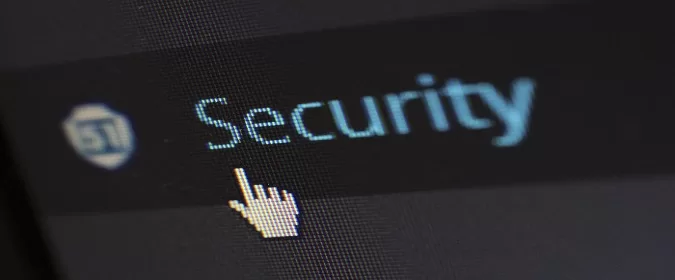Technology
Internet Privacy Issues: Tracking, Hacking and Trading

There are many ways that cybercriminals can breach your computer and data and steal your most sensitive information. That may include your personal information, like your birth date, social security number and other private data, along with your financial information, including your bank account information, credit card numbers and so much more.
But the “top 3” privacy issues with most data breaches are “tracking, hacking and trading.” Let’s take a closer look at each one and see how it impacts your privacy.
Tracking
If you perform any online activities you’re going to leave a trail of “cookies” that show where you’ve been, what sites you spent time doing on a website, what you may have ordered from various online sites and other private details. In case you’re not familiar with the term “cookies,” they are created whenever you visit a website. They are sent to your computer by the website and contain data about your visits, and can be used later by the web server when processing your online session.
Google tracks every move you make on the web, every link you click on and every item you’ve ordered. So do other companies, and all of that information is used for marketing purposes. If you don’t want to be tracked, you can disable your cookies on your computer, but many sites won’t allow you to browse if your cookies are disabled.
Hacking
Hacking, a term that most everyone is familiar with, is when some cyber thief breaks into your computer or some third-party computer that stores all of your personal or financial information. Once that information is stolen, you’ll be subject to phone calls and emails that are nothing more than “phishing” scams that attempt to steal more data or get you to visit websites using phony links that look real.
The best way to avoid that breach and protect your privacy is to find out who is really making those calls or sending you those emails. You can use one of the online tools like Nuwber to verify the sender’s identity, which will give you an accurate vetting or the person trying to connect with you, and you’ll be able to determine if it’s a legitimate connection or simply a scam.
Trading
Trading, the third of the “top 3” privacy issues, is when hackers trade your personal information and financial data that they stole from your computer or a third-party computer that stored your data. Sadly, you can view how prevalent trading is by visiting chat rooms where stolen identity data is sold to the highest bidder – about $1 to $3 per name. Once that information is sold, it can damage a person’s life or financial reputation in ways you can’t even begin to imagine.
Cyber crooks will use the stolen or traded information to open new credit card accounts, make large electronic or merchandise purchases or use it for a variety of other criminal activity. It’s a financial and credit mess that could take years to clean up.
Staying Safe
With all of the cybercrime and nefarious activity happening on the web, how can one stay safe from tracking, hacking and trading? There are several tactics to use, and if implemented on a continuous basis you’ll have a good chance of staying safe. Consistency is the key.
Tracking:
When it comes to tracking, the best way to prevent being tracked is to constantly clear your browser history. Most everyone uses Google as their “go-to” search engine, but Google tracks and collects information on all of your online activity. The work-around is to start using search engines that don’t track your activities, like DuckDuckGo, Search Encrypt, StartPage and others.
Some browsers like Chrome have an “incognito mode.” It helps you avoid being tracked but unfortunately, it’s not 100% reliable. Social media is another area where your activities are being tracked, but sites like Facebook and others have privacy settings that can help prevent tracking. Be sure to check each social media site you use so privacy settings are engaged.
Hacking:
Privacy is key to a safe online experience, and when cybercriminals hack your information it can cause innumerable problems. The best way to prevent hacking is to always update your computer’s operating system software whenever a new release is available. They are generally used to install new security features, and having the latest ones will help protect your data.
Another way to ensure your privacy is to monitor your WiFi usage. Make sure you have the latest security updates on your WiFi network, and always try to visit secure websites that begin with “HTTPS.” Finally, always use a strong password (10 characters or longer), and use separate passwords for each account you visit.
Trading:
There are no sure-fire ways to safeguard your data from being traded, but you can take some steps to protect your data and identity. The best strategy is to use a VPN (a “virtual private network”) when you are on the Internet. It gives you a secure connection between your computer and any site you visit. It will also hide your IP address, making it harder for cybercriminals to steal your information. The top ones are ExpressVPN, CyberGhost and IPVanish, but there are many others to choose from.
All of the strategies outlined in this article will help protect your data and privacy. Following these recommendations will help keep you safe and out of the grip of cyber thieves.




















































